🚫 Biggest Mistakes Beginner Gardeners Make
Avoid common pitfalls with practical advice to keep your plants healthy and thriving.
🌿 Introduction
Starting your first garden is exciting — but like anything new, it’s easy to make a few missteps along the way. Don’t worry! These are the most common gardening mistakes beginners make, and I’ll show you exactly how to avoid them so you can grow healthy, thriving plants from the start.
⚠️ 9 Common Beginner Gardening Mistakes
Overwatering or Underwatering
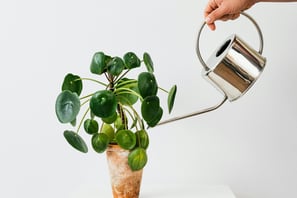

Why it’s a problem: Too much water drowns plant roots, while too little leaves them dry and stressed.
Fix: Always check soil moisture before watering. Stick your finger an inch into the soil — if it’s dry, it’s time to water. Adjust based on the plant’s needs and the season.
Poor Drainage Setups
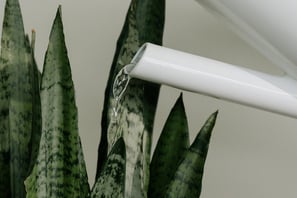

Why it’s a problem: Without proper drainage, water pools at the roots, causing rot and fungus.
Fix: Use pots with drainage holes, and in garden beds, mix in organic matter like compost or sand to improve soil drainage.
Ignoring Sunlight Requirements


Why it’s a problem: Some plants love full sun, while others wilt in too much heat. Planting them in the wrong light leads to poor growth or death.
Fix: Check your plant tags or research their sun needs. Know if your garden gets full sun (6+ hrs), partial sun, or shade, and group plants accordingly.
Not Preparing Soil Properly


Why it’s a problem: Poor, compacted, or nutrient-lacking soil leads to weak plants.
Fix: Before planting, loosen soil and mix in organic compost or soil conditioner. This boosts nutrients and improves aeration.
Planting at the Wrong Time of Year
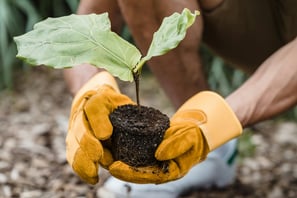

Why it’s a problem: Planting too early or too late in the season can expose plants to frost or intense heat.
Fix: Learn your local USDA growing zone and use a planting calendar to know the best times to sow seeds or plant seedlings.
Forgetting to Deadhead or Prune
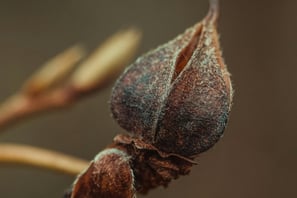

Why it’s a problem: Old flowers and overgrown branches sap energy from your plant, reducing new growth and blooms.
Fix: Regularly trim dead flowers (deadheading) and remove unhealthy branches. It encourages healthy growth and extends blooming.
Skipping Fertilizer or Overdoing It


Why it’s a problem: No fertilizer means weak, underfed plants. Too much can burn roots and stunt growth.
Fix: Use a balanced fertilizer according to package instructions. Less is often more — and organic options like compost tea or worm castings are beginner-friendly.
Not Protecting Tender Plants from Frost
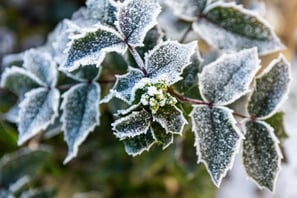

Why it’s a problem: A single unexpected frost can kill delicate seedlings or warm-season plants overnight.
Fix: Keep an eye on local weather forecasts. Use frost cloth, row covers, or bring potted plants inside when frost is expected.


Forgetting to Amend or Test Soil pH
Why it’s a problem: Some plants are picky about soil pH and nutrient balance. Unchecked soil can block nutrient absorption.
Fix: Test your soil with an inexpensive pH test kit. Add lime to raise pH or sulfur to lower it. Regularly amend soil with compost to maintain balance.
🌱 Final Tips for Beginner Gardeners:
Start with easy, hardy plants to build confidence.
Water in the morning to prevent evening mildew.
Use mulch to retain moisture and block weeds.
Label everything you plant — trust me!